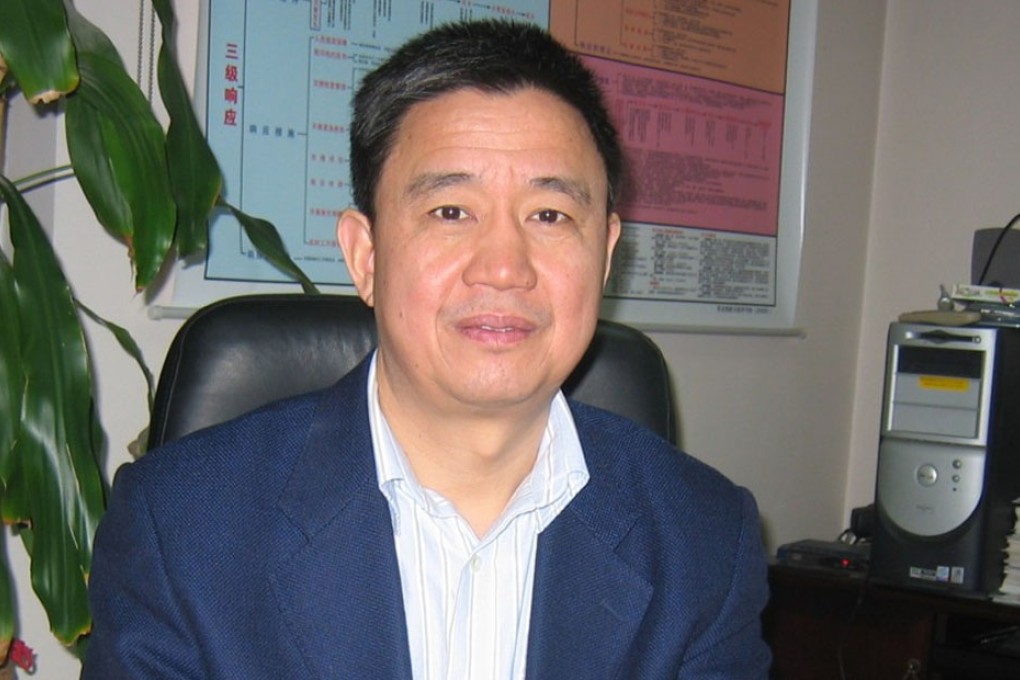State growing more accepting of NGOs, experts say
The leadership's decision to drop some restrictions on NGOs shows the official stance towards the sector is changing, experts say

Raising money for good causes is a basic right for non-governmental organisations around the world, but a rare privilege afforded to only a handful of their counterparts on the mainland.

Communist Party leaders meeting for the third plenum in Beijing earlier last month announced that there would be fewer government restrictions on NGOs.
A number have been registering recent weeks including the children's educational group Our Free Sky, suggesting to some analysts that the central government's distrust of the sector may be waning.
Wang Zhenyao, director of the China Philanthropy Research Institute at Beijing Normal University, said the government has been wary of NGOs for fear they may have a political agenda or become a force for grass-roots campaigns.
Legal restrictions have made it difficult for the groups to register. The NGO Research Institute at Tsinghua University estimated that more than half of the one million groups on the mainland are not registered.
Wang at the China Philanthropy Research Institute said he was convinced the government was easing its policy towards the sector. "The third plenum reflects bold reform to allow NGOs' development," he said. "The recent NGOs' smooth registration shows the new reforms were a positive step.